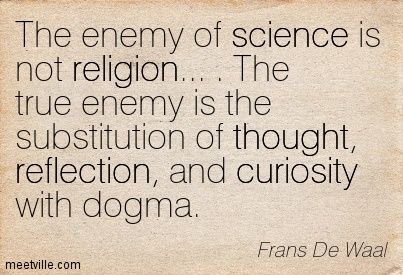First a warning: If you like your blog entries, insightful, well-structured and written with concision and clarity, you may wish to stop reading at this point (there are many other entries by Joern and others on this blog that can satisfy those peculiar cravings). If on the other hand you enjoy a somewhat rambling blog entry, that uses tenuous analogies, stretched to breaking point, then read on dear reader, read on.

When I say sustainability science is puzzling, I don’t mean that it is literally bewildering, bamboozling or baffling, although it certainly can be, rather, I mean it is figuratively like the act of ‘puzzling’, more specifically jigsaw puzzling (apologies for using puzzle as a verb, but when in Germany do as the Germans do).
Our world (bless its little cotton socks) is a complex, confusing and often chaotic place. To make sense of that complexity we have developed science…



